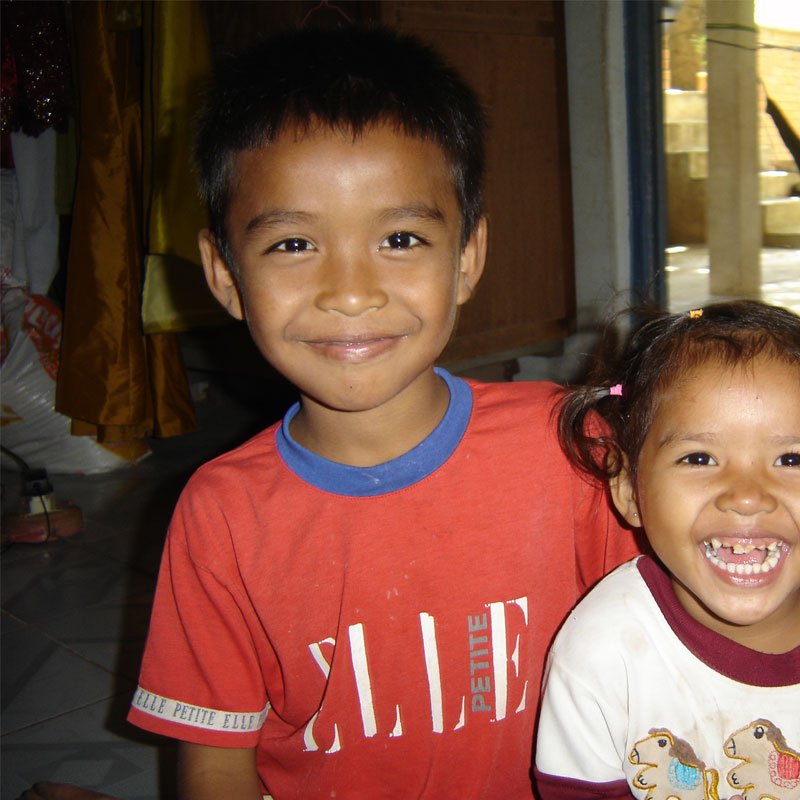Location
Cambodia. Location within country: 7 provinces (Banteay Meanchey, Kampong Cham, Kampong Speu, Kampong Thom, Siem Reap, Prey Veng, Pursat)
Project Description
The World Bank partnered with WFP in Cambodia to evaluate a pilot design providing food and cash support to impoverished households, in the context of take-home rations for students at the primary school level. The objective of the study is to evaluate the impact of cash vs. food assistance in WFP school feeding programs on a number of household and individual indicators for health, nutrition, educational ability and socioeconomic status. The longitudinal impact evaluation (tracking the same households across all survey rounds) followed 4,300 households with primary school children enrolled in the WFP school feeding program over the course of one year. The baseline survey of 4,300 households began in March 2011 in the 7 target provinces, followed by a smaller tracking survey of 700 households selected from the baseline sample in March 2012. The follow-up survey was conducted from June to November 2012.
Angkor Research staff conducted all data collection and data entry activities for all three rounds (baseline, tracking and follow-up) of this impact evaluation. Specific activities conducted for the follow-up survey included: reviewing, translating and finalizing the research instrument, recruitment and training of enumerator teams of, preparing a logistical plan for carrying out data collection, piloting the survey instruments, implementing the household survey, and data entry and processing.
The follow-up survey sampled the same 4,300 households and 421 schools from the baseline survey. In addition to the modified baseline instrument, anthropometric data was collected from approximately 15,000 respondents. The follow-up survey was completed within the timeframe agreed upon with the World Bank, with fieldwork conducted over 5 weeks. The response rate for the follow-up survey was 94.5%, which is consistent with the baseline survey and within the parameters of the contract and evaluation methodology. Because of the length of the instrument (over 80 pages of data per household, plus anthropometric data), enumerators averaged 4.7 households each per day.
